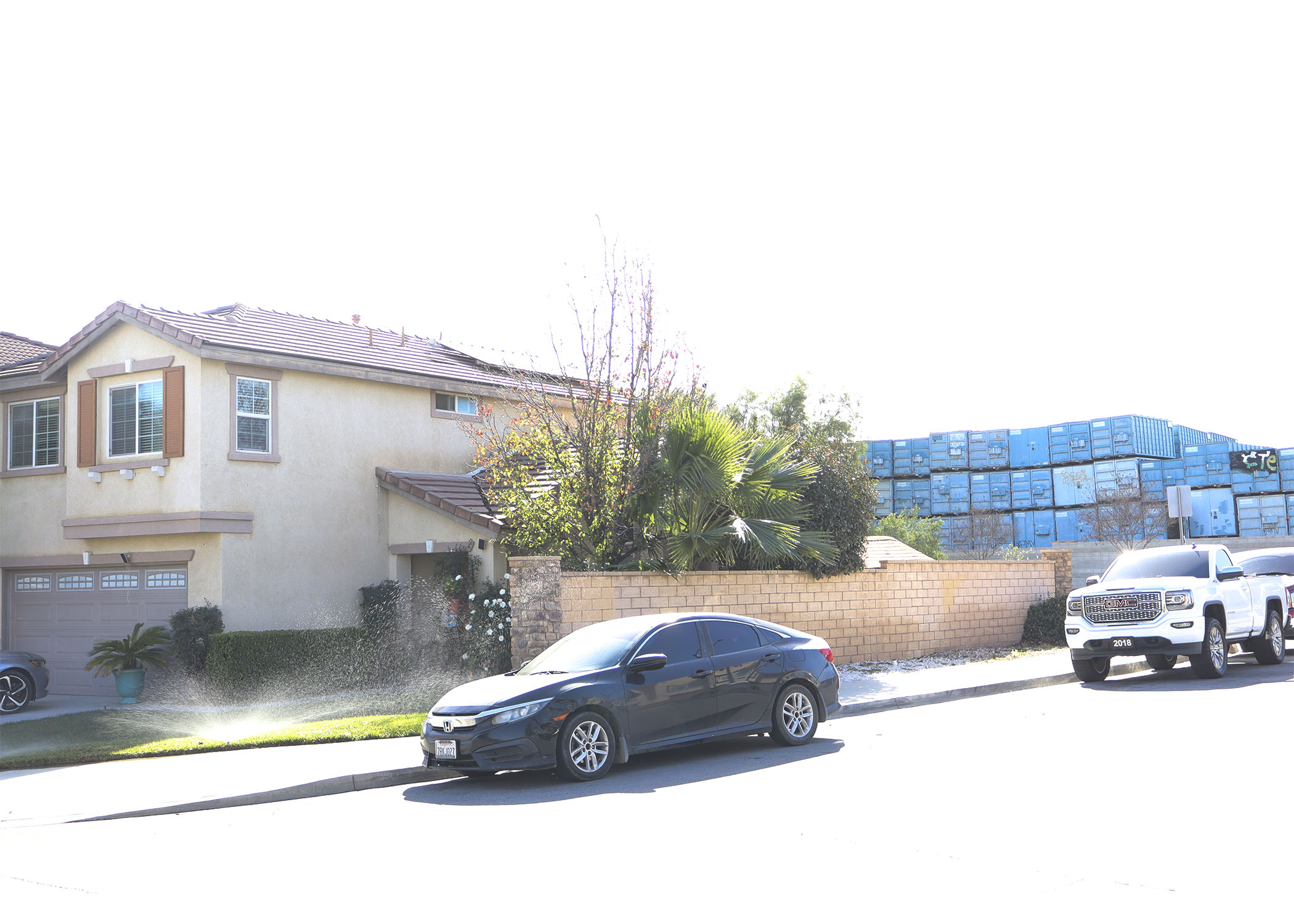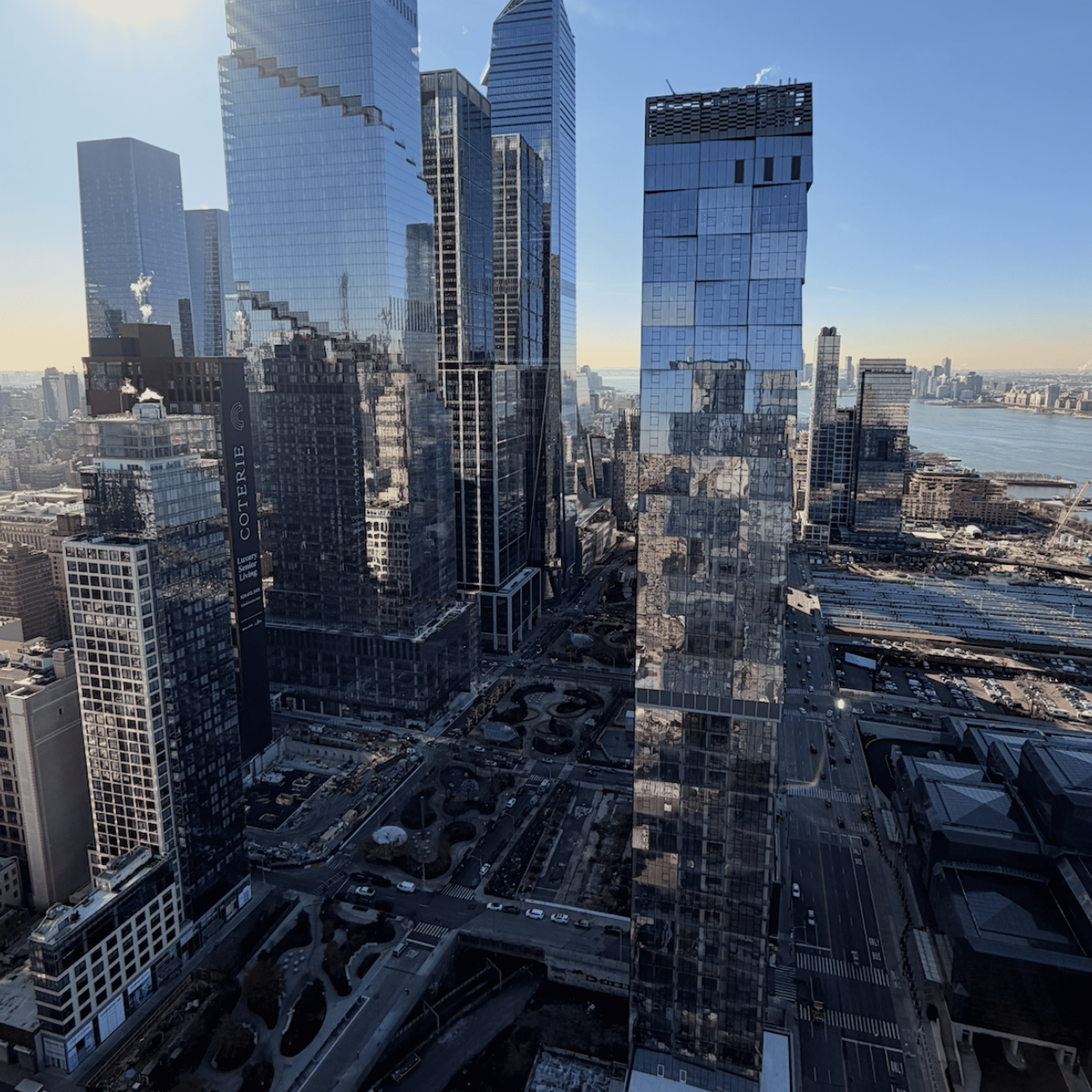Thu Quach from her office at the Asian Health Services center. [ Photo : Thu Quach ]
(OAKLAND, Calif.) — The gap in available data documenting the disproportionate impact of COVID-19 on immigrant Asian American communities becomes an increasing concern as cases spread in California. For public health officials and researchers like Thu Quach, bridging this gap is a full-time passion. Quach serves as Chief Deputy of Administration at Asian Health Services, a federal health center in Oakland with services for approximately 28,000 patients offered in English and 14 Asian languages. As part of her work, she drives local, statewide, and national research and policy efforts to champion health equity for the local community. This interview has been edited for length and clarity.
The Click: Thank you for taking time today. Can you tell us a bit about how you got into your current work?
Quach: I’m an epidemiologist by training. I was always interested in public health but after my mother’s death of cancer [from chemical exposure in nail salons], I delved deeper into the issue. I returned to work at Asian Health Services. I am one of the chief deputies here, so I oversee a lot of programs including language access, community outreach, advocacy, mental health, a little bit of everything with a lens to ensure families similar to mine have access to quality health care regardless of their immigration status, language access– really, to lift up their voices because the voices Asian American communities often get silenced.
The Click: What are your observations about what is happening to the local immigrant communities in the Bay Area over the past few months of COVID-19?
Quach: It’s been said before and again, COVID did not create the disparities, it exacerbated it. We saw it in many communities, it’s most prominently known in the Black and LatinX communities, however, it had a huge impact on the Asian American communities that has not been highlighted. There’s no data disaggregation in these communities, you get the model minority myth. Hypertension, diabetes got worse [as well as] high mental health issues. So all of that was happening, then COVID hit, then you get the anti-Asian hate crimes that we were witnessing, our staff were experiencing, our patients were experiencing.
We found that only 3% had gotten tested [because] they couldn’t find a place to get tested, and this ties back to language challenges. We used this data and took it to the county [and] got funded to start a community testing center up testing 250 – 300 people per day.
We wanted to avoid being simultaneously blamed for the virus and overlooked for services around COVID.
The Click: What is your hope for the future?
Quach: We want to be collectively pushing on the responsibility of the government to respond to all communities and varying needs. We want to reshape how this is done, to say we all have challenges. How do we not pit communities against each other?
We are both a healthcare organization and an advocacy organization. It’s not just fighting to get health testing. All these trace back to policy, leaders who have the interest of the community in mind… people can’t be left on the sidelines, it will affect how they vote.
But this work is not overnight, it’s layers of politics of history and trauma. We want to hear from the community, to not invalidate their experiences but also to have hard conversations.
Health is not apolitical.

